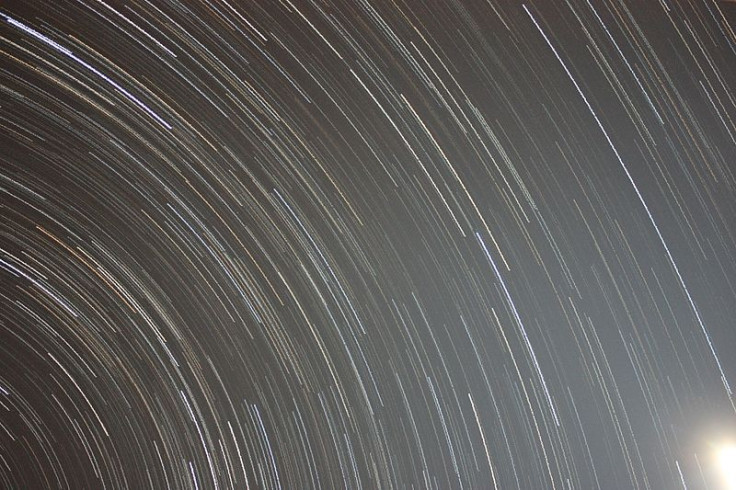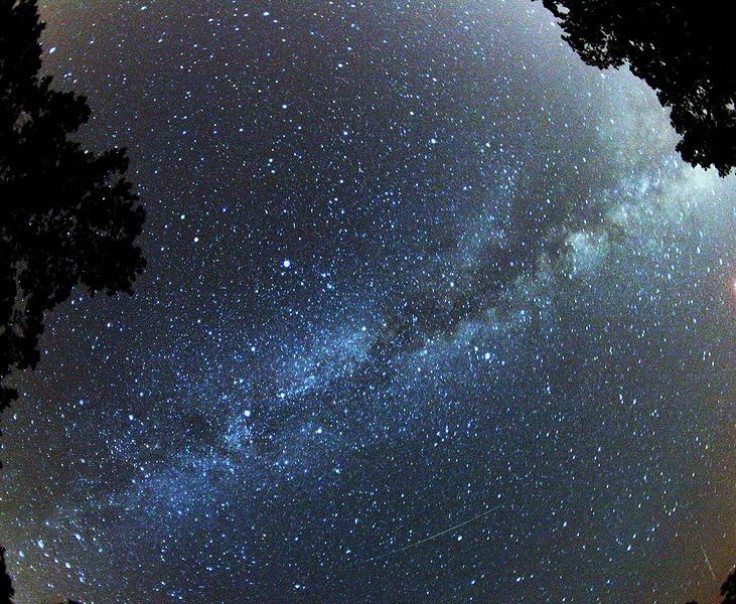Perseid Meteor Shower 2013: Where to Watch Spectacular Cosmic Lightshow in UK
Best places in London, Manchester, Edinburgh, Cardiff and Newcastle to see hundreds of meteors

The Perseid meteor shower is set to light up the night sky on 12 and 13 of August and should be visible to the naked eye as long as the night sky is clear.
The Met Office advises people wishing to watch the display to find a spot away from bright lights and allow your eyes to adjust to the dark, which should take around 15 and 20 minutes.
It advises people to take a blanket and recline on a chair, lounger or just on the floor. "You do not need to look in any particular direction as the meteors appear randomly anywhere in the sky," the Met Office said.
"The most important thing is to be able to keep looking up filling your gaze with as much sky as possible, for as long as possible."

Meteors are bright streaks that shoot across the sky. They can sometimes turn into bright fireballs that last several seconds. The Perseid Meteor Shower can produce around 100 meteors per hour at its peak.
The shower has been observed for at least 2,000 years. It is associated with the comet Swift-Tullte, which orbits the sun every 133 years. Perseids is an annual event that takes place every August when the Earth passes through a cloud of the comet's debris.
Ice and dust in shower is over 1,000 years old and burn up in the Earth's atmosphere to create the shower.
It can best be seen in the northern hemisphere and while people in the countryside and coast should have no problem viewing the shower, those in cities may want to venture further afield to get a better view.
London
The WaterWorks Nature Reserve in northeast London is a good dark spot away from the capital's night-time light pollution. It is near to Clapton and Leyton Midland Rd stations. Another option is Hampstead's Observatory at the top of the hill.
Manchester
People in Manchester can make their way to Heaton Park, the biggest park in Greater Manchester, and one of the locations of BBC's Stargazing Live. The Heaton Park astronomy club also meet at the bowls pavilion every Thursday for those wishing to become more involved in stargazing.
Edinburgh
Those living in Edinburgh are advised to drive around half-an-hour from the city centre to get the best view of the sky at night. Tourist website Edinburgh Seasons suggests heading towards the Scottish Borders, noting the Scotland has some of the darkest skies in the whole of Europe.
Cardiff
People in Cardiff can get to the Brecon Beacons in just over an hour, where some of the darkest skies in the UK are located. The Brecon Beacons National Park hosts stargazing events throughout the year and is hosting a special event for the Perseid Meteor Shower on 12 August between 7.30pm and 11pm.
Newcastle
The Newcastle Astronomical Society is hosting an event to watch the meteor shower in 12 August at Cawfields in Northumberland National Park. The event is open to everyone and the society asks people to meet at the Milecastle Inn at 10.15pm.
© Copyright IBTimes 2024. All rights reserved.






